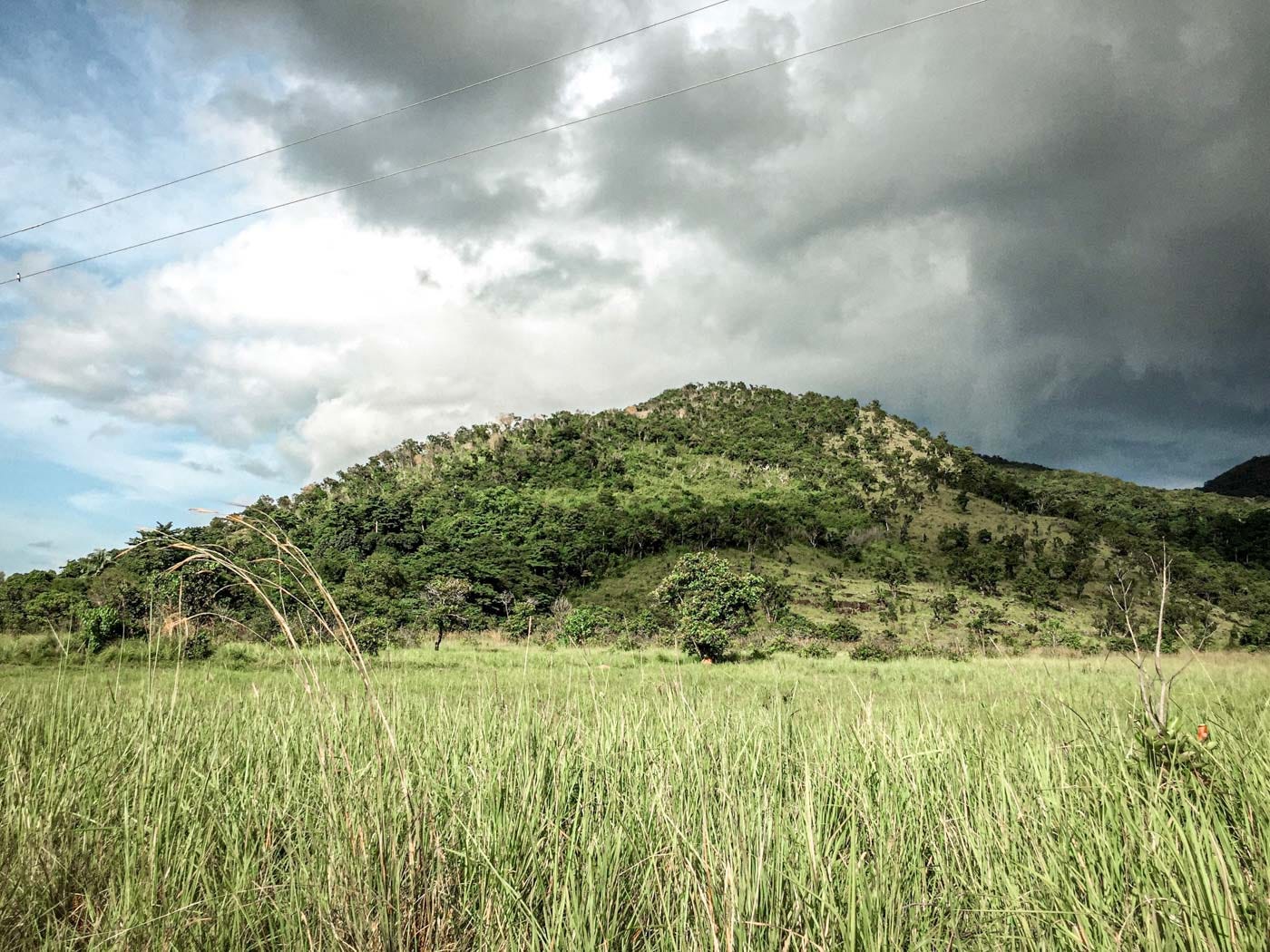Philippines: Pangolin hunting under officials' watch
A Rappler two-part investigation in Palawan
Criminal syndicates in Africa and Asia are working together — and competing — to meet the seemingly insatiable demand for pangolins in China and other markets.
Over the past eleven months, more than 40 journalists across 15 countries and territories have conducted a joint investigation on how illegal pangolin trafficking is leading the species to become extinct.
Today we’re sharing an update from the Philippines: a two-part series on the dilemmas of wildlife preservation in Palawan.
But first, sad news from Cameroon: Paul Anu Nkeze, the editor of Green Echoes and a member of our Collective died earlier this week.
Paul has spent many years reporting on environmental issues. Just this summer, he traveled the country, talking to traders and poachers of pangolins to report this story on the illicit trade. Do watch his earlier undercover reporting here.
Paul’s dedication to journalism will continue to inspire us all.

Our colleagues at Rappler in the Philippines released their two-part series this week on poaching in Palawan. We strongly encourage you to read their work. It was the product of weeks of painstaking reporting.
Its two parts look at two dilemmas:
Part 1: How local politicians can’t clamp down on poaching because they’d risk losing the support of their communities: “If you report them to authorities and they belong to a big family, expect [that] you can't have their votes come elections.”
Part 2: How economic growth plans are at odds with wildlife preservation: “We are not able to integrate wildlife conservation into our overall development plan.”
Several stories from other parts of the illicit supply chain are currently reviewed by editors. We’ll share them with you here as soon as they’re published.
If you know anyone who might be interested in our work, please invite them to subscribe to this newsletter.
Here are our previous newsletters:
Introduction, Q&A, China, Cameroon, Nigeria, Malaysia, Thai-Malaysian border, Indonesia, Philippines, India, Nepal, Hong Kong, Vietnam, Taiwan, China again, our IJNet profile, and the investigative storybook in Malaysia,


